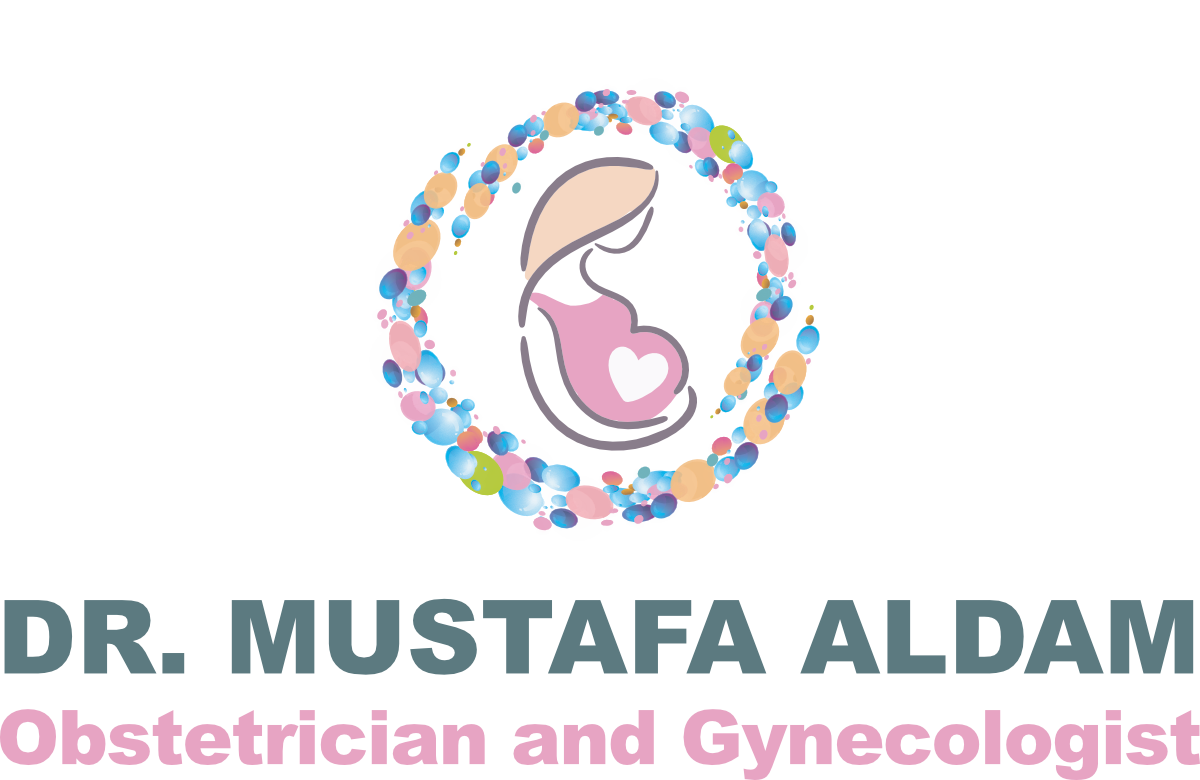What are some life-threatening pregnancy complications?

Pregnancy is a transformative and joyous journey, but it comes with challenges. Although many pregnancies go smoothly, some women may face life-threatening complications that require immediate and specialized care. This blog explores the realms of pregnancy complications, shedding light on potential life-threatening issues during this crucial period.
Understanding Pregnancy Complications
Pregnancy complications pose a range of potential risks to both mother and baby, emerging at any stage and varying in severity. Being aware of these risks and seeking prompt medical attention is essential for expectant mothers to ensure a healthy pregnancy and delivery.
What are some life-threatening complications during pregnancy?
Some Life-Threatening Pregnancy complications include:
Eclampsia and Pre-eclampsia
Pre-eclampsia is a severe pregnancy complication with high blood pressure and organ damage risk. Untreated, it can lead to eclampsia, causing seizures and risks to both mother and baby.
Thicker blood in pregnancy can raise blood pressure, causing symptoms like severe headaches, blurred vision, and vomiting.
Testing urine for protein confirms pre-eclampsia. Severe cases may lead to fits, requiring immediate medical attention. If experiencing symptoms, contact your doctor promptly. High blood pressure during pregnancy may need medication.
Gestational Diabetes
Gestational diabetes, characterized by elevated blood glucose due to hormonal changes during pregnancy, usually resolves post-pregnancy.
Gestational diabetes disrupts insulin function, leading to increased blood glucose levels. Maintaining a normal BMI, regular exercise, and a healthy lifestyle are recommended to reduce the risk.
Ectopic Pregnancy
In Ectopic pregnancy, the fertilized egg implants outside the uterus, commonly in the fallopian tube, present a grave danger to the mother’s life.
The developing embryo has the potential to rupture the tube, leading to internal bleeding. Early detection through routine prenatal care is crucial to avoid severe consequences.
Also Read: Pregnancy exercises – first trimester
Abdominal Pain

Abdominal discomfort during pregnancy is common as your body changes. While mild pain is typical, any severe pain or pain accompanied by vaginal bleeding or reduced fetal movements requires immediate medical attention.
Additionally, persistent abdominal pain might indicate a urinary tract infection, especially if you experience increased urges to urinate or pain during urination. Providing a urine sample is advisable in such cases, and prompt consultation with your doctor is recommended.
Problems with the placenta
Placental issues during pregnancy include placenta praevia (low-lying placenta), which can obstruct the baby’s exit and increase the risk of bleeding.
Placenta Accreta involves the placenta being deeply embedded in the womb wall and extending into the bladder. Retained placenta, where some remain after birth, can lead to complications like bleeding or infection.
Placental abruption, characterized by the early detachment of the placenta, results in bleeding and pain. Any worries regarding these conditions should be swiftly discussed with a healthcare professional.
Abnormal Vaginal Discharge
Commonly vaginal discharge increases during pregnancy and is typically clear or white without an unpleasant odor.
However, if the discharge changes to yellow or green, smells terrible, or causes discomfort, consult your doctor or nurse promptly.
Thrombosis
The risk of blood clots is elevated during pregnancy due to increased clotting factors.
This risk is higher with a BMI over 30, maternal age over 35, smoking, or a family history of thrombosis. Notify your doctor immediately if you experience leg pain, redness, swelling, or chest pain.
Intrahepatic Cholestasis
Intrahepatic Cholestasis, also called obstetric cholestasis, is a liver condition during pregnancy that causes itching, particularly on the hands and feet. This condition increases the risk of stillbirth.
Confirmation of Intrahepatic Cholestasis involves a blood test. If positive, your doctor will discuss treatment, and monitoring fetal movements is advised for added precaution.
Preterm labor
Preterm labor, happening before 37 weeks, increases health risks for infants as vital organs finish development. Infections, a shortened cervix, or prior preterm births raise the risk.
Progesterone can reduce the risk by one-third in high-risk cases. Steroid injections are recommended within 24 hours before 34 weeks to enhance lung maturity if preterm labor occurs.
Once in established labor, stopping is difficult. Premature babies may need neonatal intensive care for breathing, feeding, and warmth support.
Breech
A breech presentation occurs when a baby presents bottom-first during labor, raising the risk of complications.
From 36 weeks, an attempt to turn the baby using an External Cephalic Version (ECV) can be made, but success is not guaranteed. Your doctor will discuss options like normal vaginal delivery and planned elective cesarean section, allowing you to choose the most suitable mode of delivery.
Also Read: What are the indications/causes for a c-section delivery?
Stillbirth
Stillbirth is the loss of pregnancy after the 20th week, with about half of cases having no identifiable cause. Factors contributing to stillbirth include chromosomal abnormalities, placental issues, poor fetal growth, maternal chronic health conditions, and infections.
Infections

Pregnancy increases infection risk due to immune system changes. Contact your doctor and go to the hospital.
If you have symptoms like high body temperature, fever, chills, foul-smelling vaginal discharge, pain or frequent urination, abdominal pain, diarrhea, vomiting, sore throat, or respiratory infection.
Avoid contact with those having infections, diarrhea, or vomiting whenever possible.
While pregnancy is a beautiful and natural process, it is important to acknowledge and understand the potential risks and complications that can arise.
Timely prenatal care, regular check-ups, and open communication with healthcare professionals play pivotal roles in identifying and managing life-threatening complications during pregnancy.
By staying informed and proactive, expectant mothers can navigate these challenges and ensure the best possible outcomes for themselves and their precious newborns.
Also Read: Baby development week wise
Choose Dr. Mustafa Aldam for the best maternity care in Dubai
Dr. Mustafa Aldam, a board-certified obstetrician-gynecologist in Dubai with over 20 years of experience, holds certification in Obstetrics and Gynecology from JMC.
He is among the few male gynecologists in Dubai specializing in obstetrics, gynecology, laparoscopic surgery, and cosmetic gynecology.
Book an appointment now.
